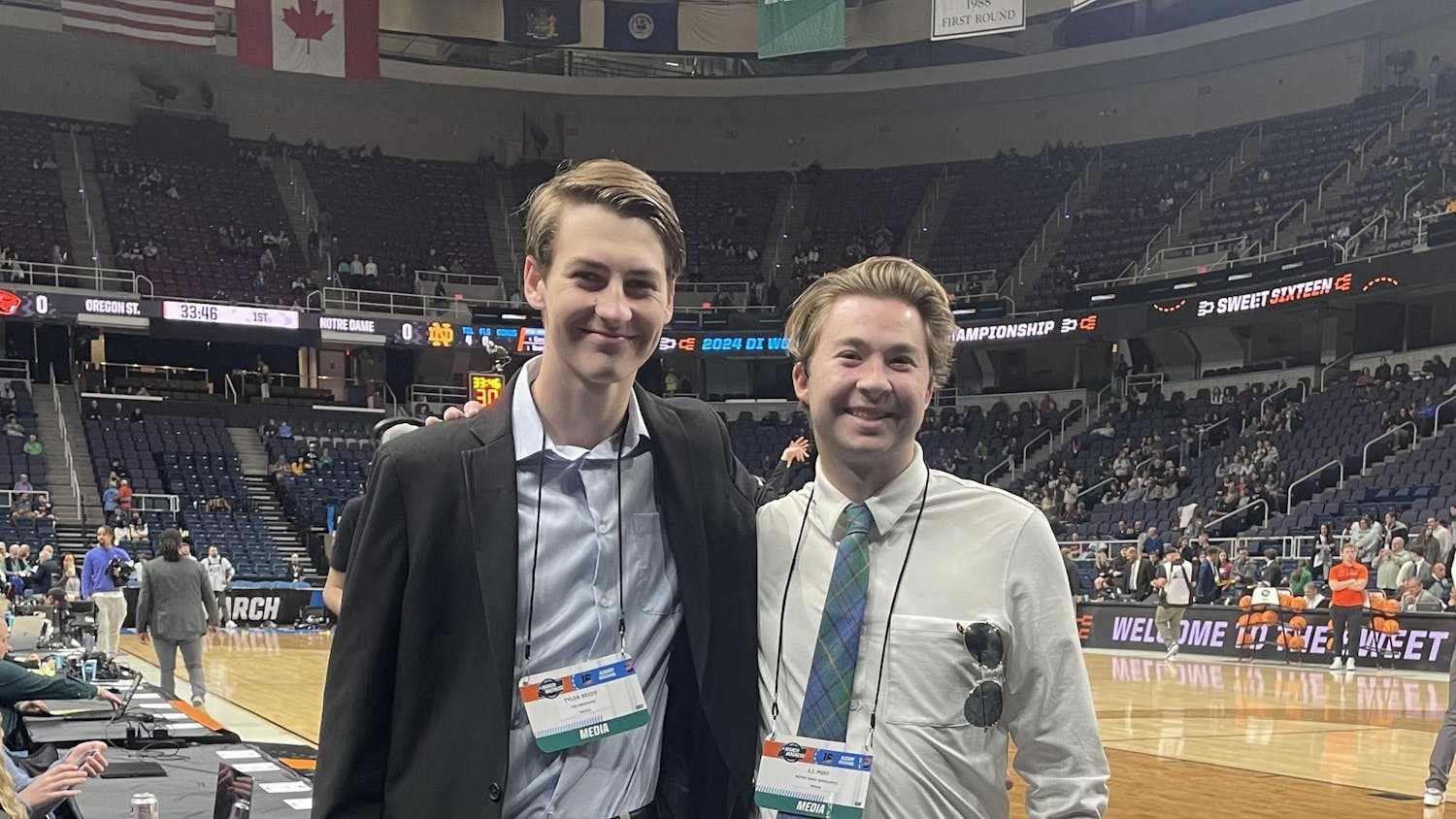Throughout the past week I shadowed my friend enrolled in the College of Arts and Letters to explore, on a first-hand basis, the common complaint that nontechnical majors do little work. I am a sophomore chemical engineering student and very involved with several clubs and organizations around campus. Life is busy.
So, what do these students do all day? I must say I was less unimpressed than I expected to be going into the week. Discussion-based classes do teach critical thinking. Students in a moderated argument ultimately reach a narrower spectrum of contestable material to analyze through collective thought and further debate. Understanding opposing rationales and viewpoints allows students to gain a more in-depth understanding of the subject and reach a self-realization of possible solutions to a given problem.

However, one criticism I have of the college is that the curriculum does not require students to have a higher level of technical proficiency. Scientific facts and technical knowledge are vital to analyzing societal problems and bettering one's own world view. DNA patents, the right to life and ecological conservation are only a few examples of important discussions that require extensive technical knowledge to formulate an educated, factual argument. Students also need to know how to conduct research, analyze technical data and synthesize this data into a well-formulated argument in order to narrow the spectrum of argumentation. Having an opinion is far less valuable than having an opinion based in factual data.
Whereas I could comprehend the upper-level Arts and Letters courses I attended (even having previously read an article they were to discuss the following week), nontechnical majors cannot sustain a discussion beyond general chemistry or elementary physics. This should not be the case. On the whole, yes, the homework and general classwork is easier for these nontechnical majors, and it is far less time-consuming. But now I realize why. This is only true because engineering and science majors at Notre Dame possess a high proficiency for the language arts. The same cannot be said about technical proficiency for nontechnical majors, hence the frustration behind the daily complaints.
Recognize that we engineering and science majors should not demean the value of a liberal arts education. Rather, we should channel our complaints toward individuals who do not use their free credits (something we are deprived) wisely or challenge themselves in pursuit of a technically balanced higher education.
William Leigh
sophomore

Knott Hall
Feb. 13












